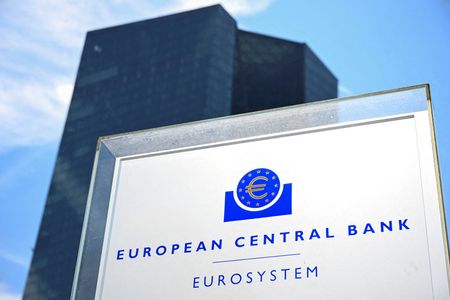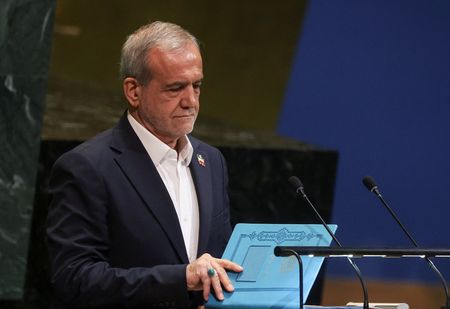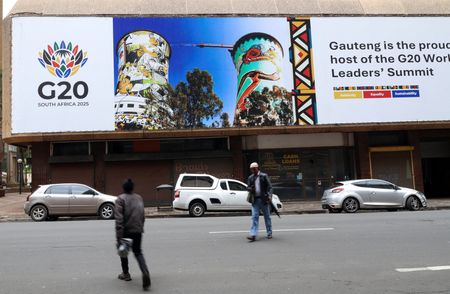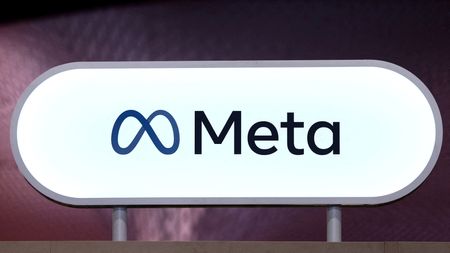By Balazs Koranyi
FRANKFURT (Reuters) -The euro zone economy is developing as expected and a compelling shift away from this path would be needed to support another European Central Bank interest rate cut, Governing Council member Gabriel Makhlouf said on Thursday.
The ECB has kept rates on hold since delivering its eighth rate cut in a year in June and policymakers have been debating ever since if more support was needed given uncertainty over tariffs, Russia’s war in Ukraine or Chinese trade diversion to Europe from the United States.
A key in this puzzle will come in next month when the ECB releases fresh economic projections, including an initial figure for 2028, but Makhlouf said these were unlikely to contain any dramatic change.
COMPELLING EVIDENCE NEEDED FOR CUT
“My expectations are that there won’t be significant change based on what’s happened in the real economy,” Makhlouf, Ireland’s central bank chief, told Reuters in an interview. “Actual outcome seems to be pretty consistent with projections.”
“I’m comfortable with where we are right now,” he said about interest rates, repeating the bank’s mantra that policy was in a ‘good place’. “I’ll need to see pretty compelling evidence to move.”
The ECB has long predicted that economic growth will hover just above 1% for years to come and inflation would dip below 2% next year before coming back to target in subsequent years.
This undershooting is a key concern among some, who fear that low readings in 2026 could encourage companies and labour unions to change their pricing or wage-setting demands, perpetuating low inflation, much like in the pre-pandemic decade.
COMPLETELY RELAXED ABOUT INFLATION
Makhlouf, however, played down these worries, saying that the risk of undershooting was in balance with overshooting.
“I’m completely relaxed about what’s going to happen, with what the numbers are showing for next year, because it’s coming back the following year,” he said. “We should be very cautious about reacting to small deviations in the projections… expectations are anchored.”
The ECB should mostly worry about large and sustained dips below target and should look at the underlying causes, rather than just numbers, he said.
“If the projections are at 1.8%, I’d be less worried about it,” Makhlouf added.
The ECB will next meet on December 18 and financial investors see almost no chance for an interest rate cut. They, however, see a one in three chance by mid-2026, even if economists polled by Reuters see steady rates for years to come.
Still, risks around the outlook remain abundant, so the ECB should stick to its ‘meeting-by-meeting’ approach, since the environment could quickly sour, and policymakers must remain open to changing course, Makhlouf said.
The global trade order has been upended, the bloc still faces a war on its eastern border, U.S. stocks are overvalued, credit standards are dropping, opaque private credit markets are expanding quickly and the political environment is uncertain, he added.
“It’s this combination rather than a single item, that leaves me nervous,” he said. “When we get to December, a lot of this uncertainty won’t be resolved.”
(Reporting by Balazs Koranyi; Editing by Emelia Sithole-Matarise)











